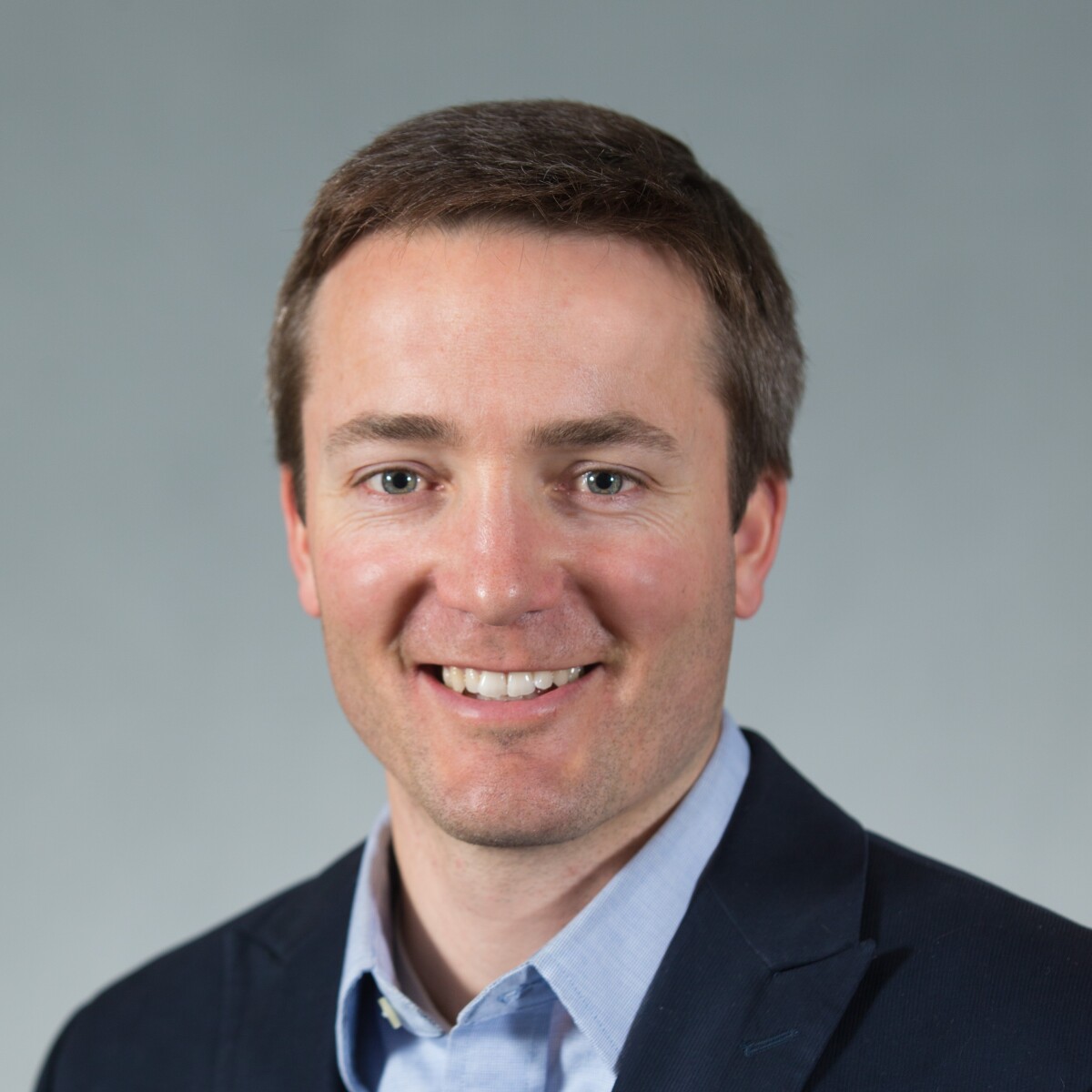Machine Learning and Causal Inference
• Starting October 21st, 2024
All course material is available free and open source via our Github Repository .
Register Today
Sign-up today to ensure access to this workshop.
WHAT'S INCLUDED
- Attendance to the workshop with Prof. Brigham Frandsen.
- Complete set of example code to implement the methods discussed.
- PDF lecture slides and video recordings for later reference.
Our workshop will bring you to the cutting edge
October 21st
Day 1 • 6pm-9pm EST
- Question your questions (are you asking a predictive or a causal question?)
- What is causality?
- What is prediction and how does it differ from causality?
- Review standard tools of causal inference (concepts + python/Stata)
- RCT gold standard
- Multiple regression
- Introduce ML prediction tools (concepts + python/Stata)
- Prediction objective
- Bias-variance tradeoff
- Lasso
- Random forest
October 22nd
Day 2 • 6pm-9pm EST
- Put ML to work in service of causality (concepts + python/Stata)
- Post-double selection lasso (PDS)
- Double/de-biased machine learning (DML)
Who will be hosting this session?

-
“
Insightful, well-explained and hands-on workshop that taught me a lot. Dr Frandsen was super helpful and explained concepts clearly. It was a great mix of interactive, practical exercises and theoretical explanations!
-
“
Outstanding selection of content and case studies. Excellent instructor. You will come out of this workshop with a very decent overview of Machine Learning methods and their applications in causal inference.
Frequently Asked Questions
- Are discounts available?
-
Yes! Students, postdocs, predocs and residents of middle-income countries can attend for $95 plus a few dollars in fees. Non-tenure track faculty can attend for $95. To receive your promo code, please include a photo of your student ID. International folks from low-income countries can attend for $1. To receive promo codes, email us at causalinf@mixtape.consulting.
- How do I access the material I need for the course?
-
The course material will be availabe forever on Github. We will also send you links to the video recordings on Vimeo after the workshop is completed.
- How long will it take me to master this?
-
That's a great question. Causal inference, and econometrics more generally, is largely a “returns to experience” type of skill as much as it is a returns to education. The best way for you to learn anything in these classes is to work on projects that require it. Our class is designed as a fast track to both.
- Will we practice programming?
-
Yes, I will distribute assignments with readings with directions the night before. We will help each other in Discord, asking questions, pointing out mistakes I'm making, and helping one another problem solve. I will usually assign more than we can do that faster workers always have something to work on. And in the end, I will distribute the solutions. It'll be fun I promise!
- Will there be recordings?
-
We will upload recordings to Vimeo and they will be password protected, so that only attendees can watch the videos.
- I'm nervous that I can't handle the difficulty of the class.
-
Don't be. I'm a good teacher. If I can learn this, so can you.